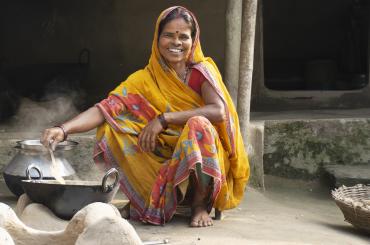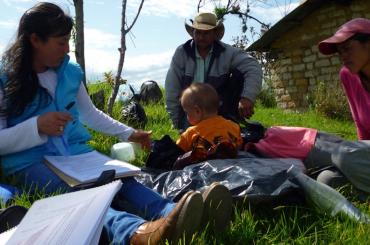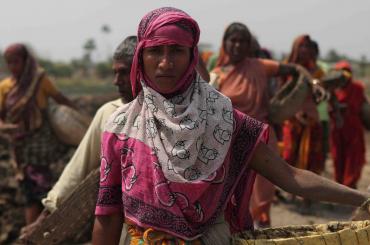
nutrition
-

The role of family planning in nurturing child health in India
Economic theory predicts that smaller families can lead to healthier children. Evidence from India shows contraception plays a vital role in reducing child malnutrition, potentially by enabling parents to invest more resources in each child.
-

The hidden costs of layered school-based interventions: Evidence from India
Governments commonly use school infrastructure to implement programmes targeting child health, but additional programmes can overwhelm administrative capacity and crowd out the delivery of existing programmes.
-

Midday meals in India improve children’s learning outcomes
Prolonged exposure to ‘midday meals’ can improve learning outcomes on top of its other objectives
-

In-kind transfers as insurance: Evidence from India
While academics and policymakers prefer unconditional cash transfer to the poor, they value in-kind transfers that protect against price fluctuations
-

Can the world’s poor afford a healthy diet?
New studies measure how many people cannot afford a healthy diet, establishing a useful benchmark for understanding global food systems and poverty
-

What is India's calorie paradox?
Why is an increase in average wealth in India accompanied by a decrease in average calorie consumption?
-

Scaling an early childhood development and nutrition programme in Colombia
Scaling up early childhood intervention programmes even when resources are constrained can mitigate child poverty
-

Tackling food insecurity
We produce enough food to feed every single person alive, yet global food insecurity is rising. Arif Husain discusses why and the way forward.
-

Informational constraints on antipoverty programmes: Evidence for Africa
Policymakers face challenges when trying to identify the right targets for antipoverty programmes. This column assesses whether the data typically available to policymakers in sub-Saharan Africa are up to the task. Commonly used proxy means tests are...